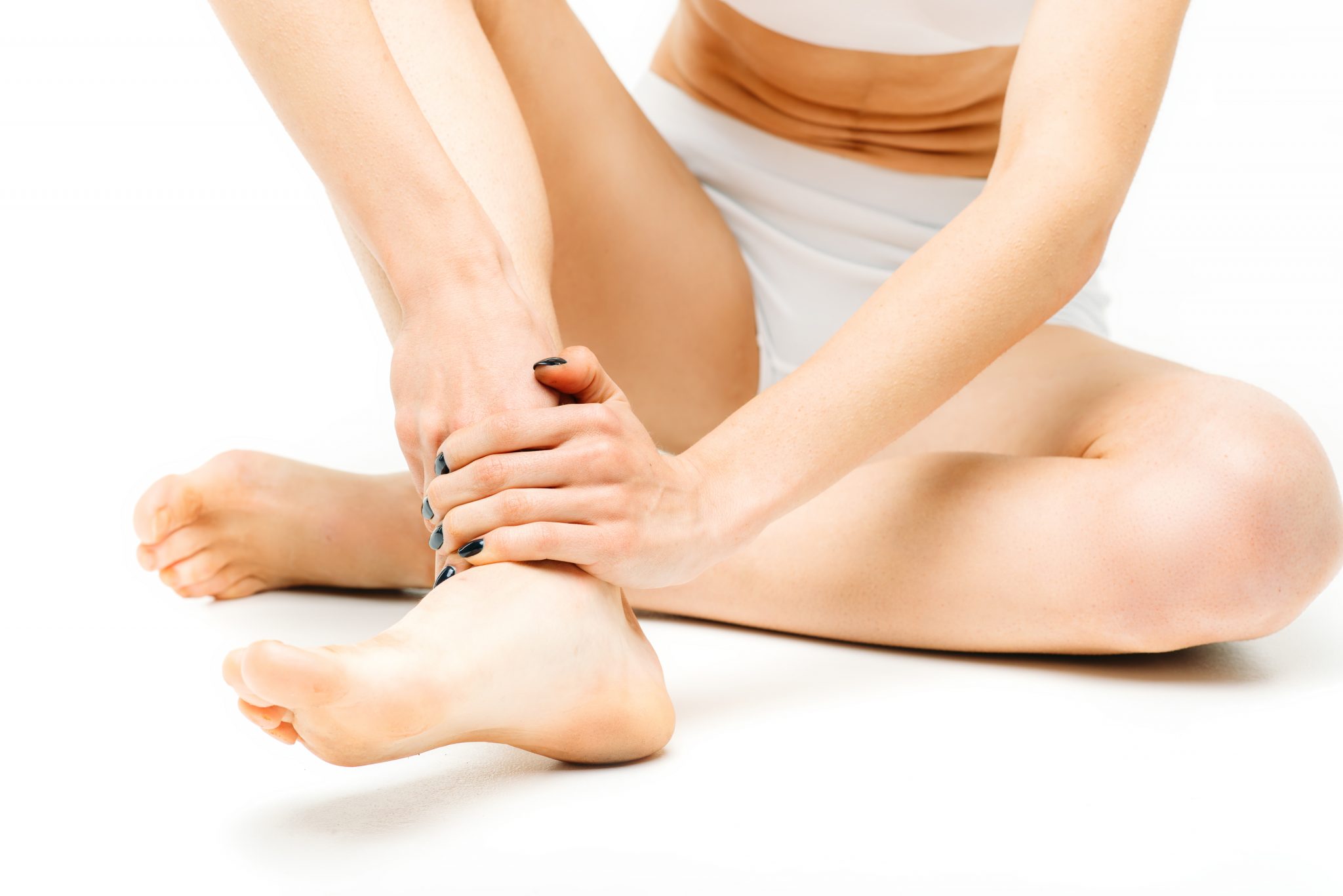Weight Gain and Vein Disease: Does Gaining Weight Cause Vein Disease?
More than 60 percent of people in the United States are obese or overweight. Having a weight more than normal can lead to a number of diseases, including high blood pressure and cholesterol, heart disease, diabetes, and even venous insufficiency.
What is venous insufficiency?
Venous insufficiency, commonly known as vein disease, is usually a result of weight gain. Obese people put extra pressure on their veins, which damages the valves inside. These valves are known as bicuspid valves because they have two flaps that avoid blood flowing backward. The valves in the vein help transport deoxygenated blood back to the heart. When the valves are damaged due to unnecessary pressure on the veins, it causes blood reflux. This, in turn, causes discoloration of the skin, leg ulcers, swelling, blood clots, or varicose veins.
People who suffer from pain and other signs of vein disease face difficulty in exercising or even walking. The disease is worsened due to less or no activity. It is, however, better to get the vein disease treated first before starting with regular exercises. There are treatments exclusively for vein diseases which help your leg muscles to relax and feel comfortable. Through this, you can easily exercise and make yourself feel better.
Symptoms of vein disease
Vein disease, or venous insufficiency, is indicated by the following symptoms:
- Swelling of the body, mainly legs or ankles.
- Itching and cramping in the legs.
- Throbbing, dull aching, and heaviness in the legs.
- Discoloration of the skin; darker and brownish patches on the skin.
- Hard and thick skin of the legs and ankles.
- Sores that are usually open and painful.
- Blood clots are formed.
- Varicose veins.
What causes vein disease?
Many reasons can lead to vein disease or venous insufficiency.
Vein diseases can be genetic. If you have a family history of venous insufficiency, you are more likely to be affected by it.
If you suffer from blood clots, you have a greater chance of having venous insufficiency.
Varicose veins are the main cause of vein disease. If you suffer from varicose veins, it is better to get them treated in order to avoid further problems.
Pregnancy is another cause of vein diseases in your body. Pregnant women are more likely to have venous insufficiency than women who are not pregnant.
However, one important and most common cause of vein disease is weight gain.
In addition, smoking leads to venous insufficiency. Similarly, standing or sitting in one place in the same position for a long time can lead to vein diseases.
Does gaining weight cause vein disease?
Weight gain is a main source of many diseases and health complications. Some of these problems include heart stroke, arthritis, and even dementia. The question that arises in our minds is that does gaining weight really cause vein disease too? The answer to this is very simple: YES!
The more the weight, the higher the chances are for you to develop a vein disease. Weight gain affects the valves in your veins; thus, leading to a lot of problems such as venous insufficiency.
The heart pumps blood to all other parts of the body and receives deoxygenated blood from them. If a person is overweight, it puts pressure on the veins. This extra pressure damages the valves inside the veins, which makes the blood pool up inside them. This pooling up of blood causes a bulge under the skin and forms bluish veins. The increased pressure causes more strain on the veins and its valves, which are then weakened and begin to malfunction.
Symptoms of vein disease caused by weight gain
As mentioned earlier, being overweight is not a good sign and should be considered as soon as possible. Following are some symptoms of venous insufficiency exclusively caused by weight gain:
- Swelling of legs, known as edema.
- Itching of the skin.
- Leg ulcers which eventually lead to a greater risk of infection.
- Tiredness of legs or heaviness.
- Cramping in legs.
- Restless leg syndrome in which you have an urge to keep your legs moving constantly.
If vein disease along with weight gain is not treated on time, it may cause a lot of problems later. Even the easiest of tasks might get difficult such as walking, climbing stairs, etc.
Treatments of vein disease
Every person may have a different type of vein disease; therefore, he/she will need a different treatment. It is better to consult a professional who can clearly determine which treatment course is suitable for you. The factors that are considered before the treatment of venous insufficiency are mentioned below:
- Age
- Health condition
- Symptoms of vein disease.
Some treatments of vein disease are:
Medicines
Doctors provide you with certain medicines which help improve the blood flow in the veins. The following are some of the medicines that are usually recommended by specialists:
- Diuretics to help remove excess water and fluids from the body.
- Anticoagulants or blood-thinning medicines to prevent blood clots in the veins.
- Pentoxifylline to reduce inflammation of the vessels and to improve the flow of blood.
Home remedies
A lot of symptoms of vein disease can be suppressed by home remedies even. Following are home remedies that can be considered if you have vein disease due to weight gain.
Use compression stockings. These are elastic stockings which exert pressure on the lower leg and the foot. The stockings compress the body. In turn, this decreases swelling and increase blood flow.
Keeping your legs elevated helps a lot. Make sure your legs are raised above the level of the heart. This helps draw the blood towards the heart from the legs.
Stay clean and observe proper hygiene. People who suffer from vein diseases have higher chances of developing skin complications like cellulitis and dermatitis. You can keep yourself protected by keeping the skin moisturized and exfoliating the dead cells regularly.
Nonsurgical procedures
Vein disease can also be treated by nonsurgical procedures.
- Ablation: In this procedure, the doctors destroy all the damaged veins by using heat or other chemicals.
- Sclerotherapy: Specialists inject a solution or liquid in the affected vein. This helps the vein to close, and the body absorbs it.
- Phlebectomy: The damaged veins are removed through tiny punctures in the skin.
- Laser therapy: The affected veins are closed by lasers.
Surgical procedures
If the cases of venous insufficiency are serious, doctors recommend surgical procedures to treat them:
- Doctors repair the damaged veins or the valves.
- Removing the affected veins.
- Implanting a stent in order to widen the vein.
- The consultant ties off the veins by cutting a small part in the skin.
How to prevent vein disease?
You can prevent vein disease by the following:
- Exercising regularly
- Avoid wearing high heeled shoes
- Avoid standing or sitting for a long time
- Keep a healthy body weight.
Conclusion
Vein disease is a very common disease faced by a lot of people who are overweight. It is better that you consult a doctor as soon as you start facing the symptoms before the conditions start worsening. Always ensure that you maintain a healthy weight and exercise regularly in order to prevent any further veins from damaging.





